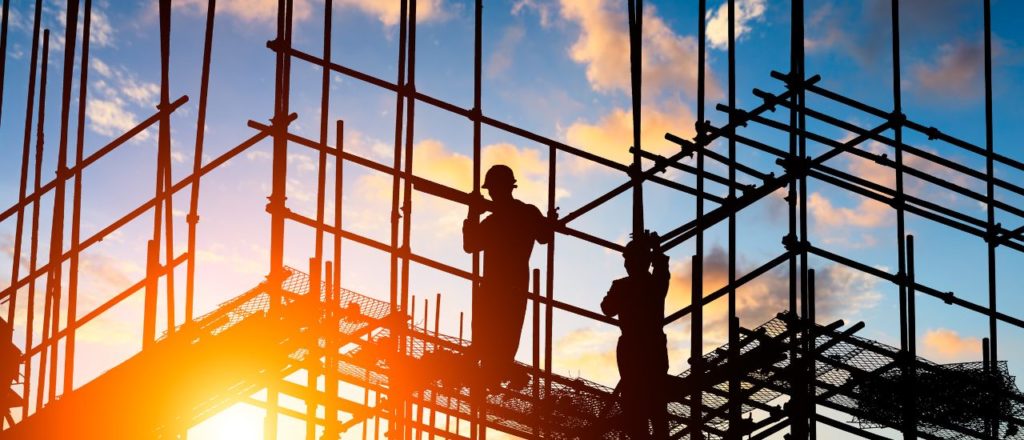Construction workers are responsible for building the structures that we live, work, and play in. From skyscrapers to bridges to roads, they work tirelessly to create the buildings and infrastructure that make modern life possible.
However, their job is not an easy one, and requires a great deal of physical strength, endurance, and skill.
Just another day
A typical day for a construction worker usually starts early in the morning. They arrive at the job site, put on their protective gear, and begin to set up the tools and equipment that they will need for the day’s work.
Depending on the project, they may be working with heavy machinery, such as cranes, bulldozers, or backhoes, or they may be using hand tools, such as hammers, saws, and drills.
Daily tasks
Once they have their equipment ready, construction workers begin to perform their assigned tasks. This may involve digging trenches, pouring concrete, installing electrical wiring, or framing walls.
They work in teams, with each member having a specific role to play in the construction process. They must communicate effectively with one another to ensure that everything is done correctly and safely.
Highly risky
Construction workers also need to be aware of the risks and dangers of their job. They must always be vigilant for hazards such as falling debris, dangerous machinery, or unstable structures. They also need to be careful to avoid accidents such as falls, electrocution, or cuts from sharp tools.
Despite the risks and physical demands of their job, many construction workers find great satisfaction in their work. They take pride in creating something that will be used and appreciated by others for many years to come. They also enjoy the camaraderie that comes from working closely with their colleagues on a shared goal.
Other skills needed
In addition to their physical labor, construction workers also need to have a good understanding of math and engineering principles. They need to be able to read blueprints and understand how to calculate measurements and angles.
They also need to be able to solve problems on the fly, as unexpected challenges often arise during the construction process.
They also need to be able to adapt to changing conditions and work environments. They may need to work outdoors in extreme heat or cold, or they may need to adjust their work schedule to accommodate changes in the project timeline. They must be flexible and willing to learn new skills as needed.
The life of a construction worker is not an easy one, but it is a vital and rewarding one. These skilled professionals work hard every day to build the structures and infrastructure that make modern life possible.
They take pride in their work and enjoy the camaraderie that comes from working closely with their colleagues on a shared goal. Despite the risks and challenges of their job, they are an essential part of our society.

